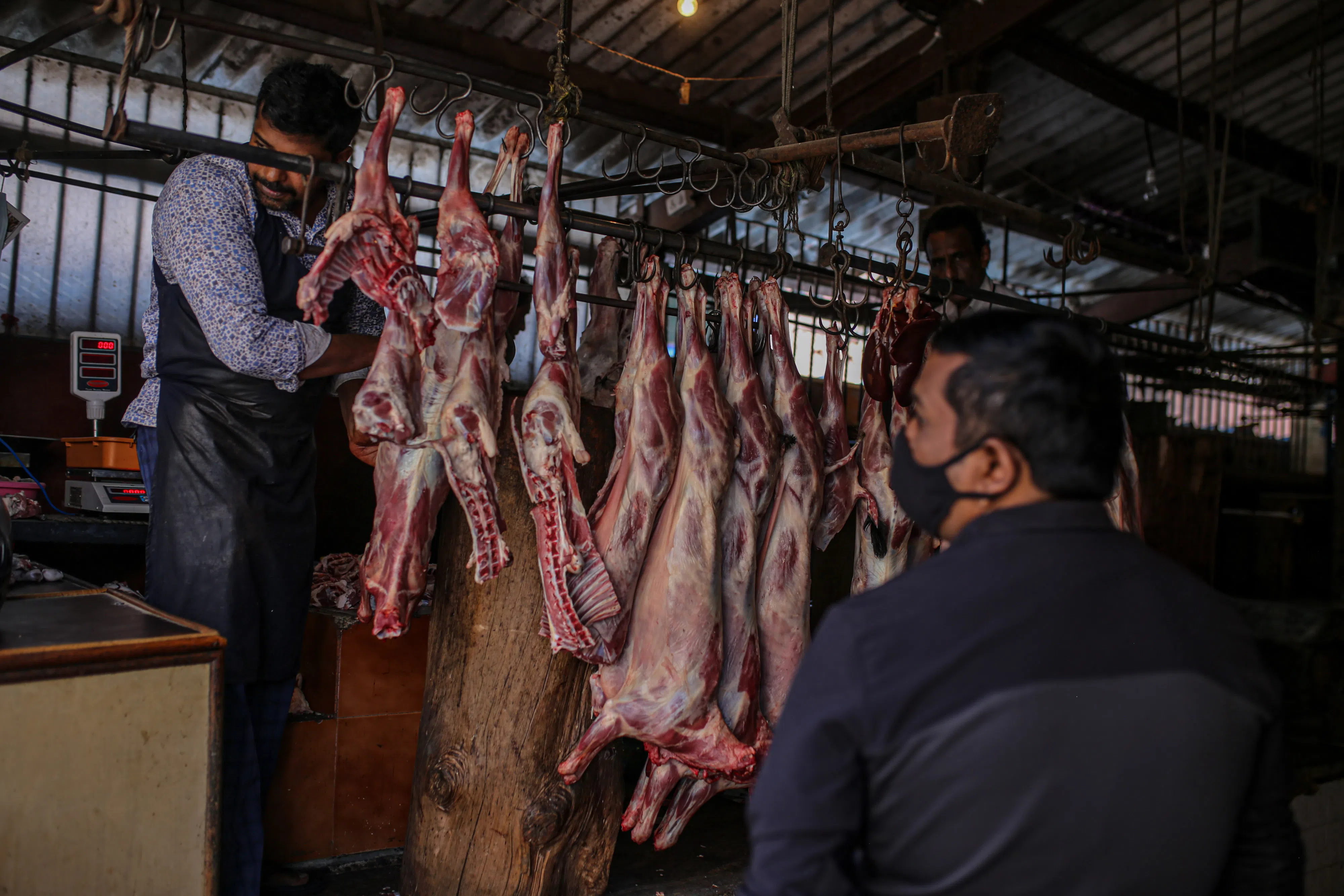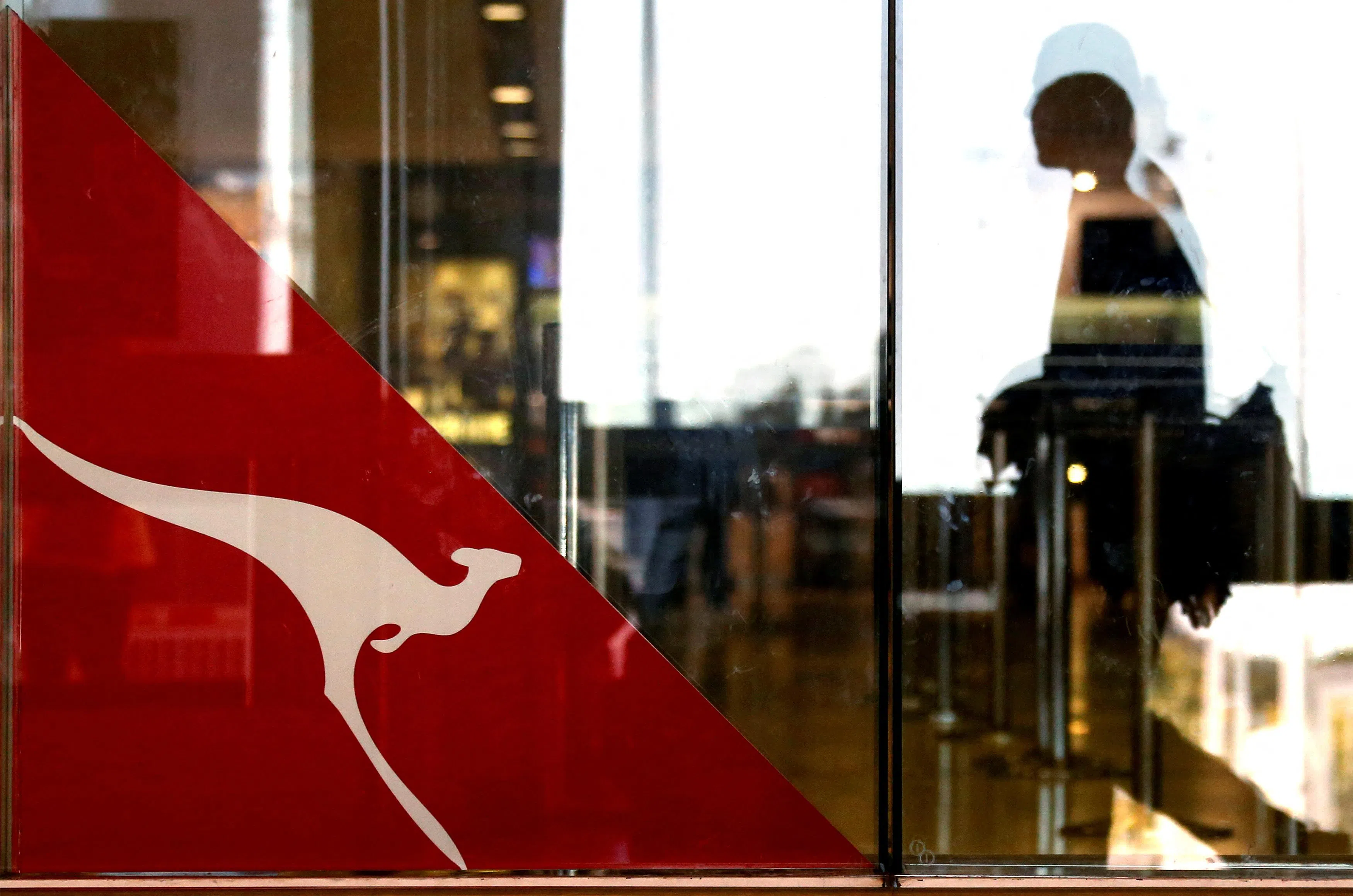LICIOUS, a Temasek Holdings-backed online seller of meat and seafood in India, is seeking to become profitable as it prepares to list in 2026, adding to a slew of consumer-facing firms eyeing the country’s public markets.
Delightful Gourmet, which operates Licious, is opening more brick-and-mortar stores, speeding up deliveries to take on quick commerce rivals and aims to post a profit at the Ebitda level by August, according to Vivek Gupta, chief executive officer and firm’s co-founder. Ebitda refers to Earnings before interest, tax, depreciation and amortisation.
“We want to be an IPO (initial public offering)-ready company in 12 months,” Gupta said.
The Bengaluru-based firm is targeting a valuation of more than US$2 billion in the listing, according to sources familiar with the matter who did not want to be named. Licious was valued at US$1.5 billion in its last funding round in 2023 and counts Avendus Capital, and Kotak Investment Advisors among its investors, data from Tracxn Technologies show.
Licious, founded in 2015, is the latest to join the queue for India’s IPO market after a blockbuster year for listings in 2024 when more than US$20 billion was raised by local firms, making it the world’s second-busiest market after the US.
Gupta and co-founder Abhay Hanjura did not comment on the target valuation before the firm starts the IPO process.
BT in your inbox
Start and end each day with the latest news stories and analyses delivered straight to your inbox.
Mom-and-pop shops
Nearly three-quarters of India’s 1.4 billion population consumes fish, chicken or meat – most of it bought from mom-and-pop retailers. Licious is betting on India’s increasingly affluent and smartphone-savvy population that’s willing to pay more to avoid stepping out.
India’s fish and seafood market has an estimated annual revenue of US$59 billion, according to data provider Statista, while the meat market was valued at US$26 billion.
Licious is present in 20 Indian cities and sells different cuts of chicken and goat meat, fish and other seafood, as well as spice mix, spreads and ready-to-eat items.
The firm plans to use the IPO proceeds for expanding across India’s highly unorganised meat and fish market and acquiring smaller off-line stores, Hanjura said. The listing will also give some of its backers an exit opportunity.
Licious promises an average delivery time of 90 minutes to customers but is working towards 30-minute deliveries as it takes quick commerce rivals including Zomato and Swiggy.
The company has already started quick deliveries in Gurugram, a satellite city on the outskirts of New Delhi, and will extend it to most of Licious’ markets by June, Gupta said.
Consumption slack
Licious, which earns about a one-fifth of its revenue from 10-minute delivery apps such as Zomato and Swiggy, has seen sales growth slump from pandemic-era highs.
It is battling a broader consumption slack in India’s urban centres and a slower shift to buying meat online in smaller cities. Also, peers including quick commerce company Zepto, with its in-house meat brand Relish, and Amazon.com-backed FreshtoHome are eyeing a larger piece of this market.
Licious is planning on adding more ready-to-cook marinated items as well as newer products such as momos, Hanjura said, referring to Tibetan-style dumplings loved in India.
It aims to have 50 stores by March 2026 up from three currently for the more traditional meat-eaters who might prefer picking their own cuts. It acquired Bengaluru-based retailer My Chicken and More with 22 outlets last year.
The stores are also a great marketing exercise, said Hanjura. “If you see my fish in the offline world three times, you would start buying online, right?” BLOOMBERG




